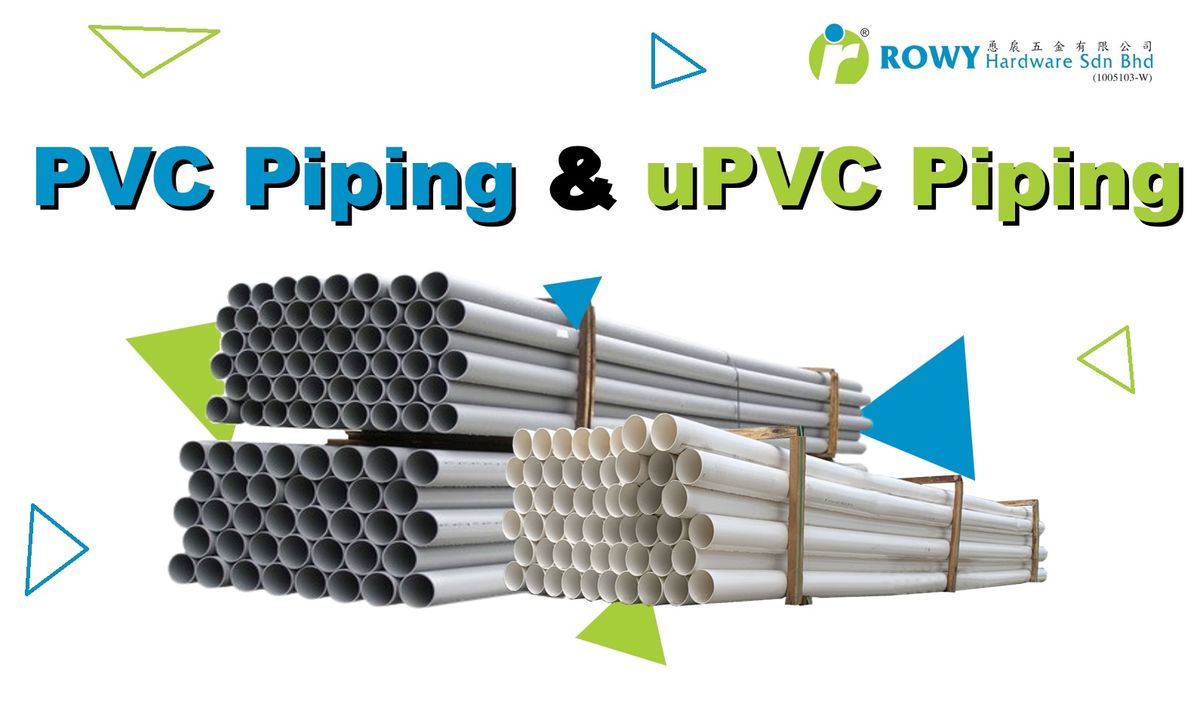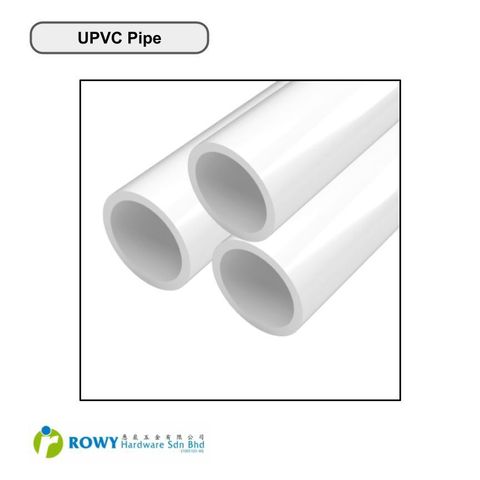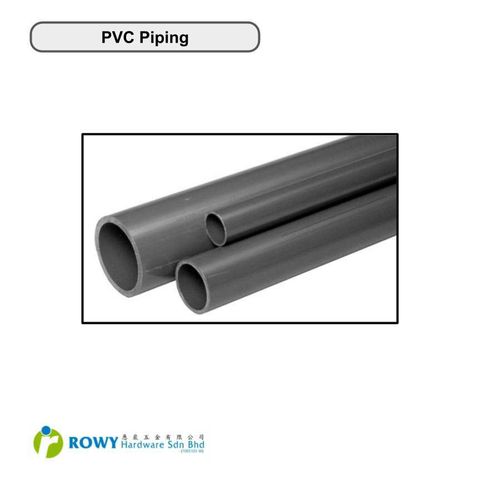
Water piping is an essential component in any construction, engineering, or technical project. It's the lifeline that carries water to buildings, households, industries, and institutions. The type of pipe used in water piping systems can significantly affect the efficiency, cost, and durability of the project. In this article, we'll discuss everything you need to know about water piping, from the types of pipes to their sizes, materials, and pricing.
Plastic Pipe
Plastic pipe is a general term that is used to describe a wide range of plastic materials that are used in water piping. Plastic pipes are available in many ranges of sizes and thicknesses, and they can be used in a wide range of applications.


PVC Pipe
PVC (Polyvinyl Chloride) pipe is one of the most widely used materials in water piping. It is a thermoplastic material that is available in a range of sizes and thicknesses. PVC pipes are lightweight and easy to install, making them ideal for a wide range of applications.
One of the main advantages of PVC pipes is that they are very durable and resistant to chemicals, making them ideal for use in harsh environments. PVC pipes are also resistant to corrosion and can be used in a wide range of temperatures, from below freezing to over 140°F. PVC pipes are also affordable, making them a popular choice for many applications.
However, PVC pipes also have some disadvantages. For example, they are not suitable for use in high-temperature applications, and they are not as strong as metal pipes. PVC pipes can also be damaged by UV radiation, making them unsuitable for use in outdoor applications unless they are covered with a protective layer.
UPVC Pipe
UPVC (Unplasticized Polyvinyl Chloride) pipe is a variant of PVC pipe that has been modified to make it more durable and resistant to UV radiation. UPVC pipes are often used in outdoor applications where they will be exposed to sunlight, such as irrigation systems or outdoor plumbing.
One of the main advantages of UPVC pipes is that they are very durable and long-lasting. They are also resistant to corrosion and chemicals, making them suitable for use in harsh environments. UPVC pipes are also lightweight and easy to install, making them ideal for a wide range of applications.
However, UPVC pipes can also have some disadvantages. For example, they are not suitable for use in high-temperature applications, and they are not as strong as metal pipes. UPVC pipes can also be more expensive than PVC pipes in terms of less cost-effective for some applications.
In conclusion
PVC and UPVC pipes are a popular choice for water piping because of their durability, affordability, and resistance to corrosion and chemicals. The pipe prices can vary depending on the size and intended use of the pipe. To prevent leaking pipes, it's important to use high-quality pipes and fittings, ensure proper installation, and perform regular maintenance.






